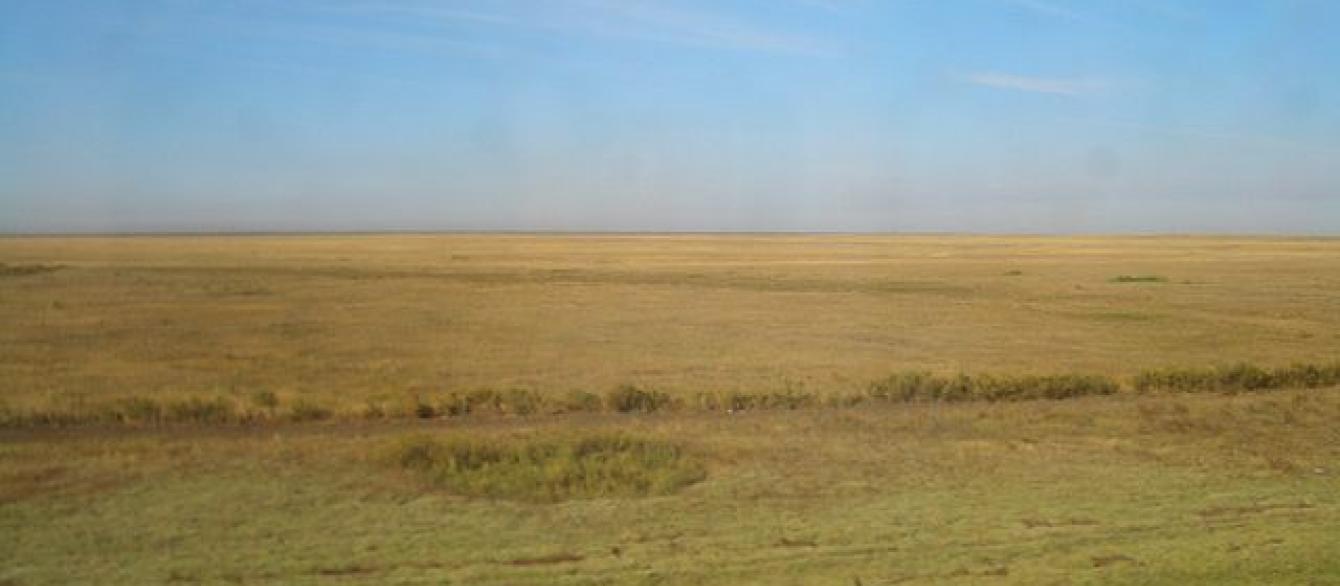In contemporary Kazakhstan, the term "Shala-Kazakh" is a derogatory label applied to Russified Kazakhs who tend to possess limited knowledge of the Kazakh language and are, allegedly, estranged from their indigenous culture and traditions. Just over a century ago, however, Shala-Kazakh, or as it is documented in historical sources, "Chala-Qazaq," denoted almost the opposite phenomenon. In the pre-tsarist Kazakh steppe, Chala-Qazaq referred to the descendants of Kazakh women and non-Kazakh men who resided among their Kazakh kin, spoke the Kazakh language, and adhered to local traditions. During the latter half of the 19th century, as Russian imperial expansion extended into Central Asia, the Chala-Qazaq phenomenon experienced further growth and development. The presentation will dive into the factors contributing to the expansion of the Chala-Qazaq population in late imperial Russia and the tsarist regime's efforts to regulate and confine this elusive ethnic category.
Refreshments will be provided.
Accessibility
The Davis Center for Russian and Eurasian Studies at Harvard University encourages persons with disabilities to participate in its programs and activities. If you anticipate needing any type of accommodation or have questions about the physical access provided, please contact us at 617-495-4037 or daviscenter@fas.harvard.edu in advance of your participation or visit. Requests for Sign Language interpreters and/or CART providers should be made at least two weeks in advance if possible. Please note that the Davis Center will make every effort to secure services but that services are subject to availability.




